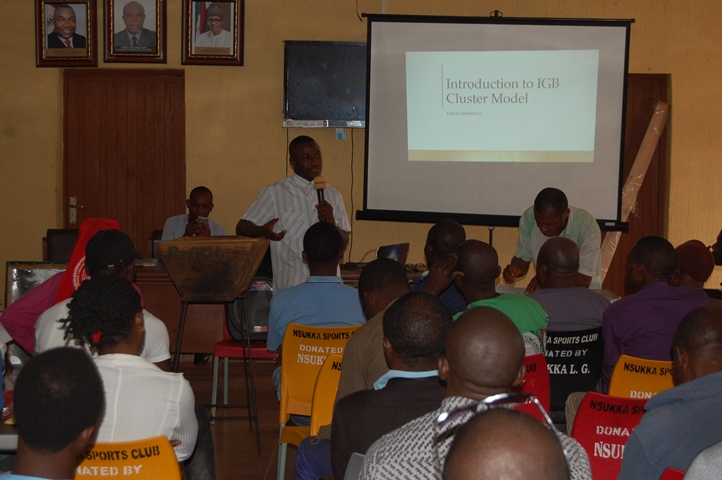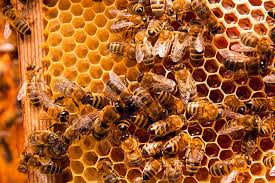
It is usually wise to start small, learn efficient management techniques, and expand the beekeeping operation as time, experience, and finances permit. We explained the Beekeeping Basic and how you can start Beekeeping small and grow it.
Initial outlay can reach N15,000.00 per hive, and other equipment, such as a smoker, Bee suit, gloves, honey extractor, etc., will add to the expense. Anyone interested in becoming a beekeeper in order to achieve success needs to consult an expert for training. Many beekeeping skills are best learned by working with an experienced beekeeper, Only through hands-on experience can new entrants gain the basic skills required for opening hives, removing frames, identifying queens, recognizing the difference between brood and honey cappings, and recognizing the difference between honey and pollen in a cell.
Check date that suit to Enroll for 2019 Beekeeping Training
There are several different ways of getting started in the bee business: by natural colonization, buying package bees; purchasing a nucleus colony (nuc); buying established colonies; collecting swarms; and taking bees out of trees and walls. Most beginners start with either a package or a nuc.
Packages are the preferred way. In purchasing nuclei and colonies you might be buying other beekeepers problems, such as mites or disease, so you have to be sure of the source. Collecting swarms and transferring bees is difficult and not recommended for the beginner. Ancillary equipment includes the bee smoker, bee suit and hive tool, which are essential for working bees. Bee suit should be worn at all times to protect the face and neck from stings. Beginners who fear being stung should wear canvas or leather gloves
Read BEEKEEPING TRAINING MODULES

Some of the many other decisions that beginning and experienced beekeepers need to consider are: Location of hives: Hives should not be located near homes or areas used for recreation. Hives need to be near nectar and pollen sources and fresh water; protected from predators, vandals, and adverse weather conditions; and accessible throughout the year. Processing honey and other bee products Follow Federal regulations for processing, labeling, and handling food products. Marketing honey and other bee products; you can market to consumers at farmers markets or on-farm, to retailers, to a honey cooperative, or to honey packers,
Honey Prices around the country vary. Depending on the part of the country and other environmental factors, a typical colony of bees can produce 15 to 25 Litres of surplus (harvestable) honey and 2kg of Beeswax in an average per year. Besides selling honey and other bee products such as Beeswax, Pollen,Rroyal jelly, Propolis, Bee venom, Beekeepers can also provide pollination services (hive rentals) to farmers.
Beekeeping is Technically feasible, Commercially viable and Environmentally friendly.
Click Here to Contact us for Training and More.

